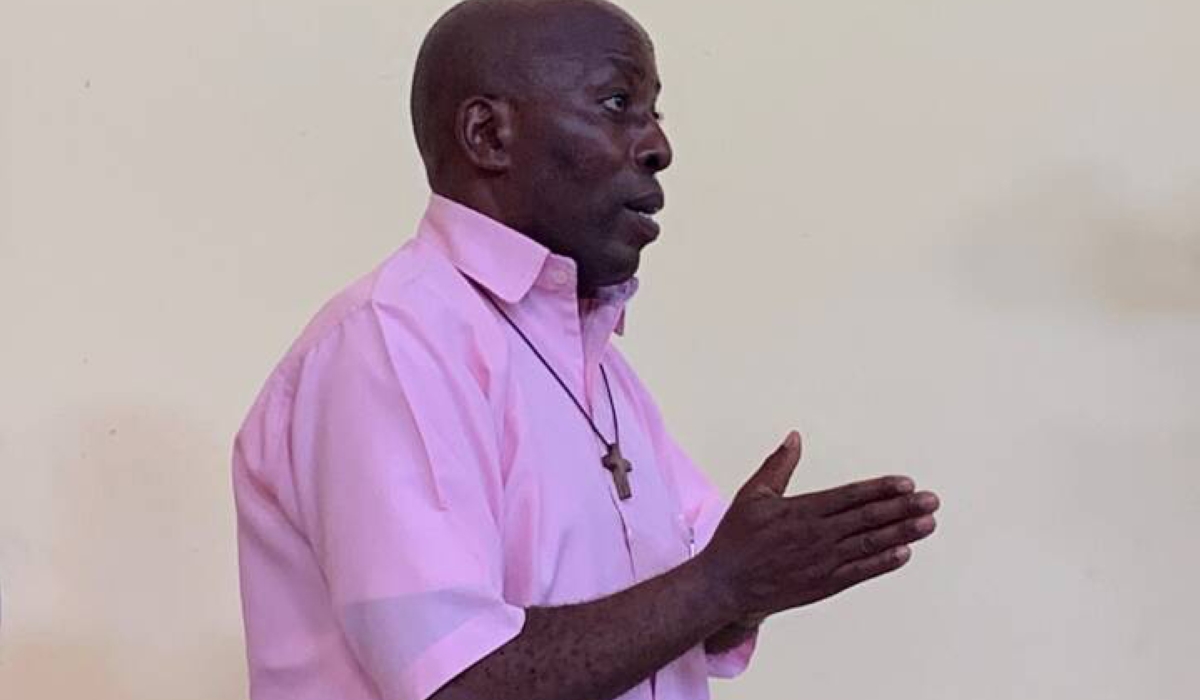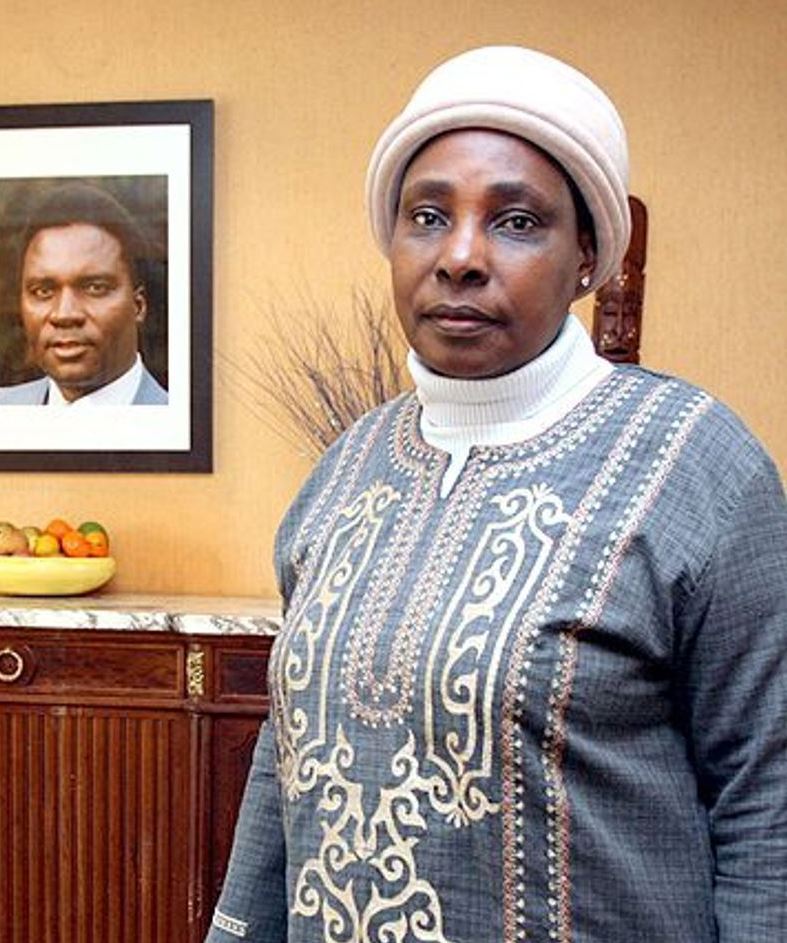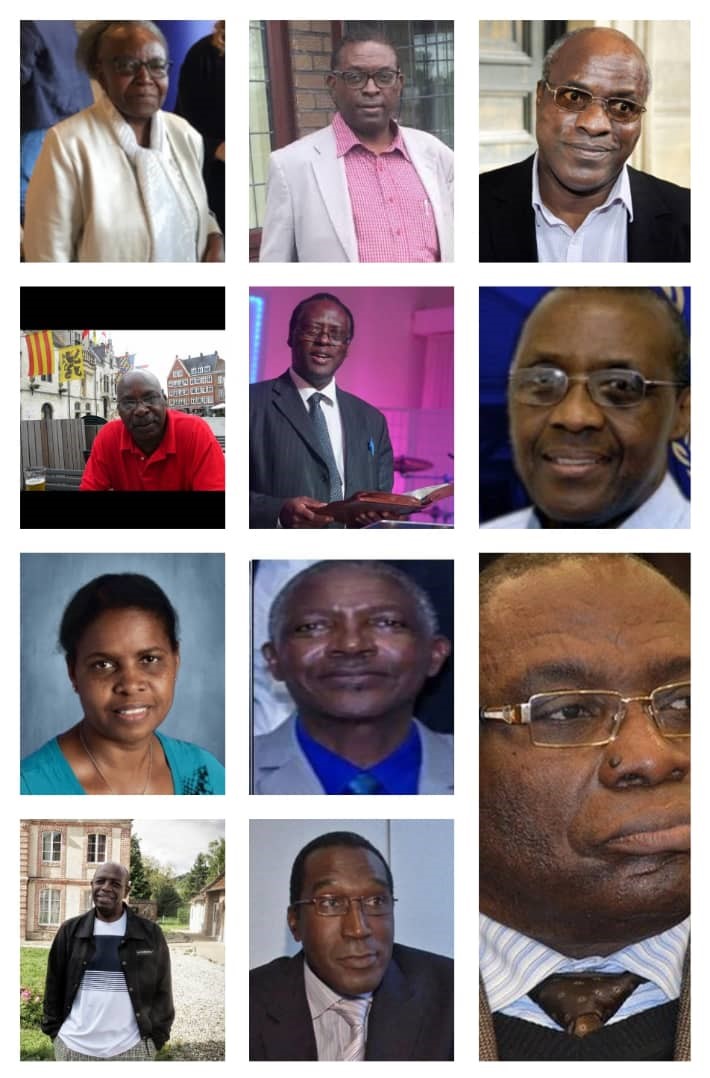Regional
Genocidaire’s 20-year jail sentence a call to countries harboring fugitives

The
Court of Appeal in Rwanda sentenced Wenceslas Twagirayezu to 20 years in jail
after finding him guilty of genocide crimes, on July 31. The 56-year-old was
accused of participating in the 1994 Genocide against the Tutsi in Rwanda.
Twagirayezu
was extradited from Denmark in 2018 following an indictment and a subsequent
arrest warrant issued by the Rwandan prosecution.
Earlier
this year, in Kigali, the High Court Chamber for International Crimes (HCCIC)
acquitted Twagirayezu, a decision that the prosecution immediately appealed.
Twagirayezu,
who was a teacher at College Baptiste Gacuba II in Gisenyi, now Rubavu
District, Western Rwanda, was accused of participating in killings on April 7,
8, and 9, in 1994, in different parts of Gisenyi, including Busasamana and
Gacamena, where many Tutsi perished.
In the
appeal’s verdict, he was found guilty of genocide and crimes against humanity.
Twagirayezu was pinned on several crimes during the Genocide against the Tutsi.
One witness, who also participated in the Genocide, testified that on April 7,
they started to carry out killings in Mudende areas. On April 8, they went to
Busasamana. Twagirayezu was with the killers on both days at Gacuba as they
dumped bodies in a pit.
A
genocide survivor also said that Twagirayezu was among the militiamen who
attacked the Mudende school on April 8 1994, where they had fled.
Twagirayezu’s
sentence serves as an example to all foreign countries harboring genocidaires,
that it is not too late for justice to be served.
In a
statement released on August 5, the UN Special Adviser on the Prevention of
Genocide, Alice Wairimu Nderitu, urged countries hosting genocide fugitives to
prosecute or extradite them.
“Only
when all perpetrators have been held into account will we be able to uphold the
expectations that all victims rightly possess: that their voices are heard and
their suffering acknowledged, and that there is justice for the crimes
committed against their loved ones,” Nderitu stated.
The
1994 genocide against the Tutsi which was fueled by decades of ethnic tensions
resulted in the massacre of more than a million people.
Today,
there are still more than 1,000 genocide fugitives at large.
Linking
accountability with prevention, Nderitu stressed the strong connection between
accountability and prevention, warning that lack of accountability for past
transgressions will sow the seeds for the violations of the future. She
underlined genocide as the gravest of all crimes due to its intention “to erase
a national, ethnical, racial or religious group from the face of the Earth,”
adding that “the wheels of justice must keep turning, the voices of victims
must continue being heard, and all perpetrators must be held to account for
their actions.”
Justice
is an essential prerequisite for healing and reconciliation. However, the
international community still gives no hope as the plight of the genocide
victims is rarely considered.
Building
a future free from crimes of the past requires sustained efforts by both those
in positions of leadership as well as by all citizens within their respective
communities.





